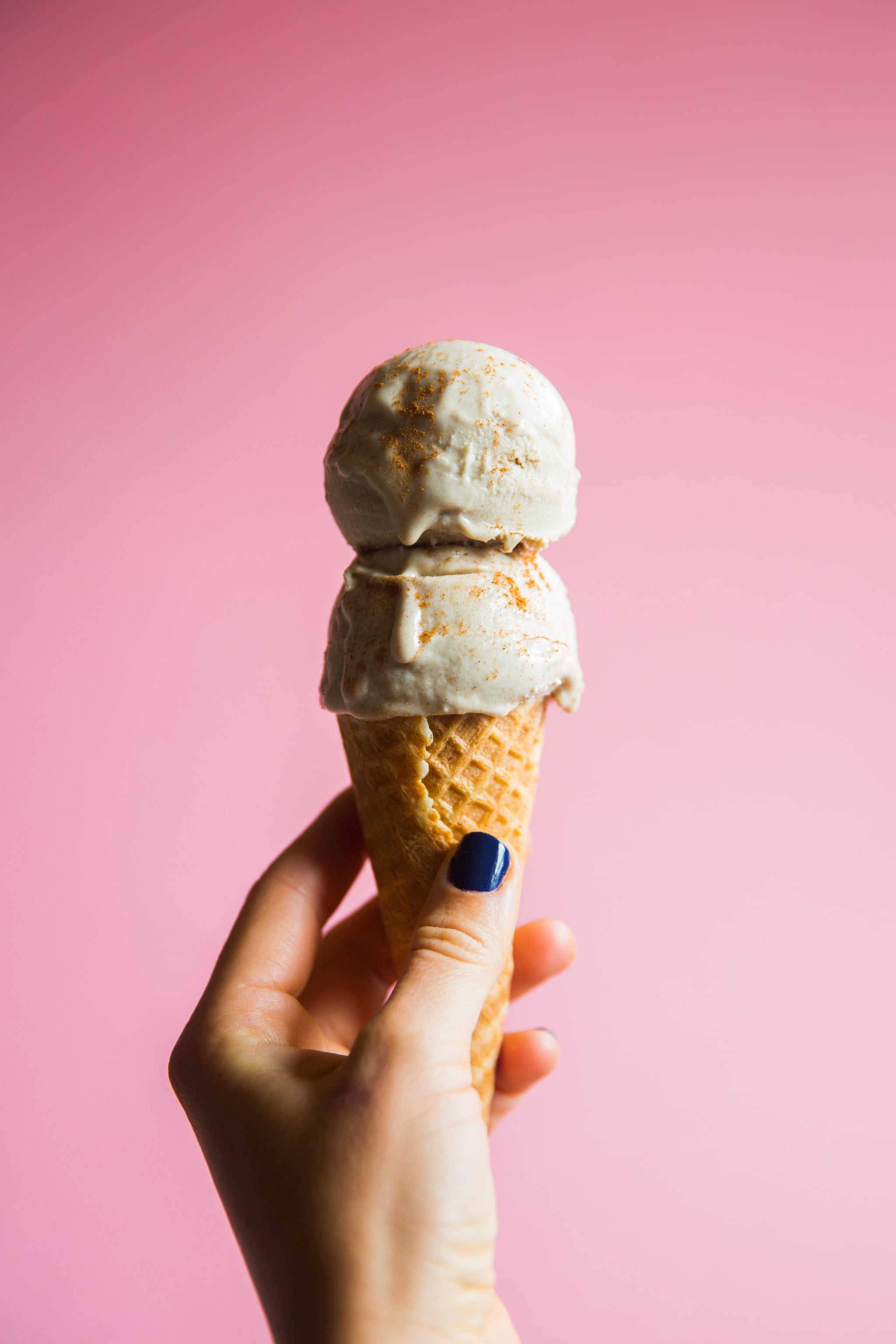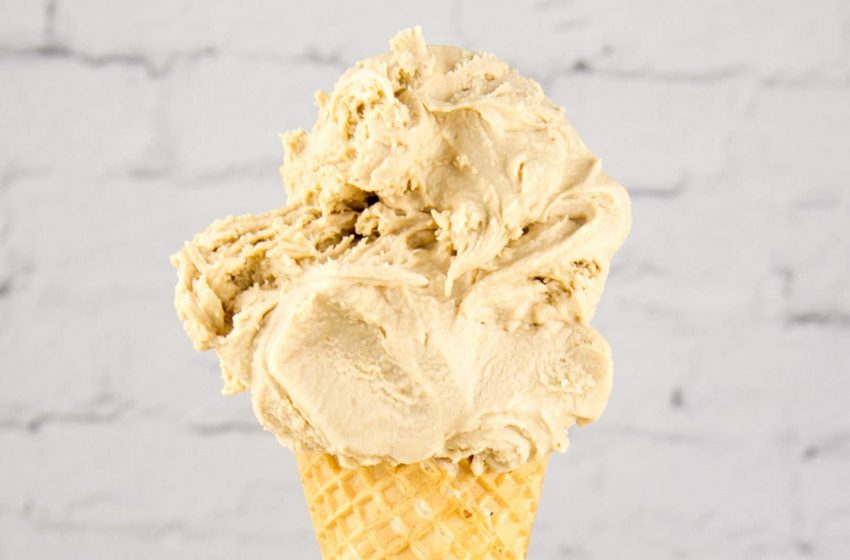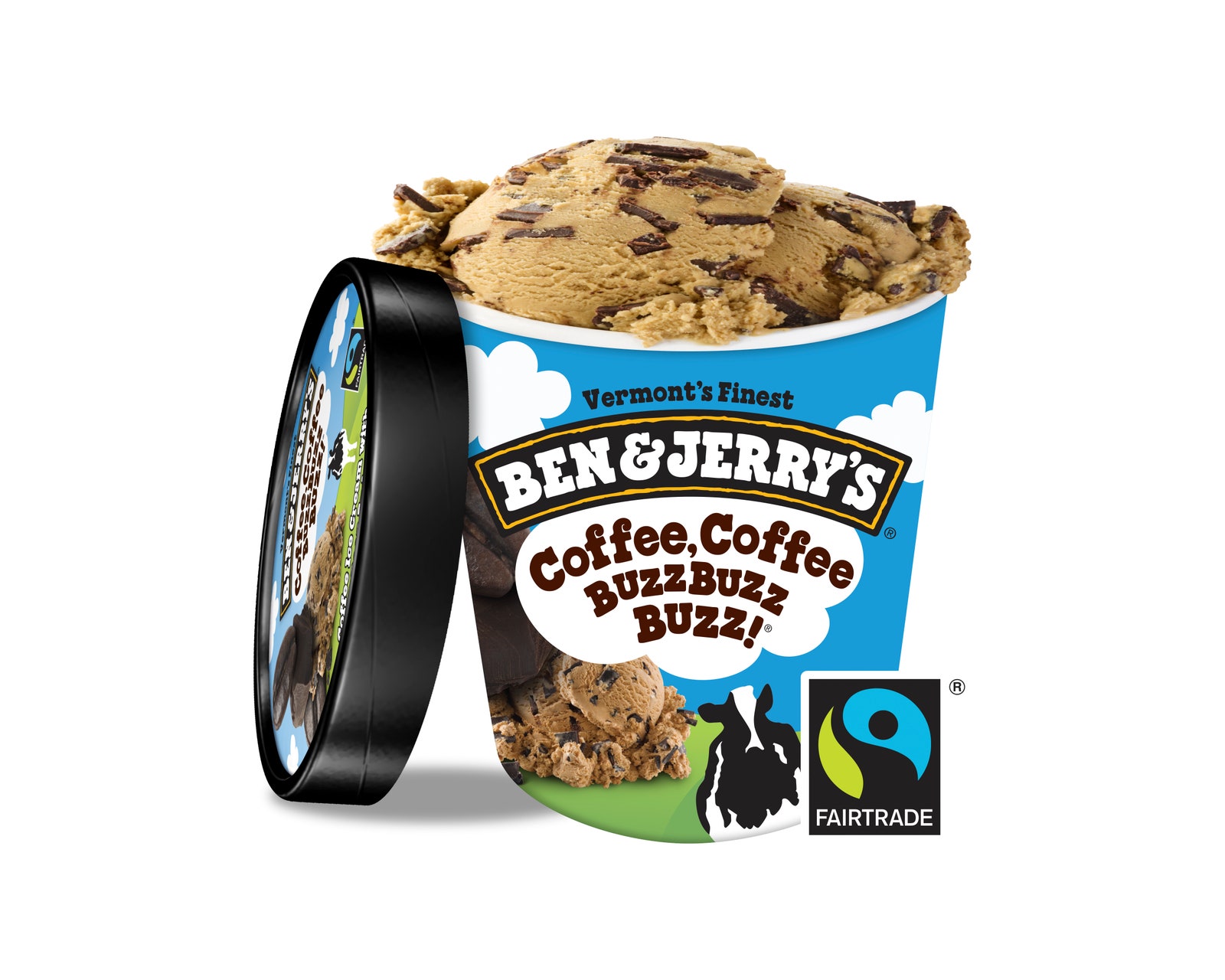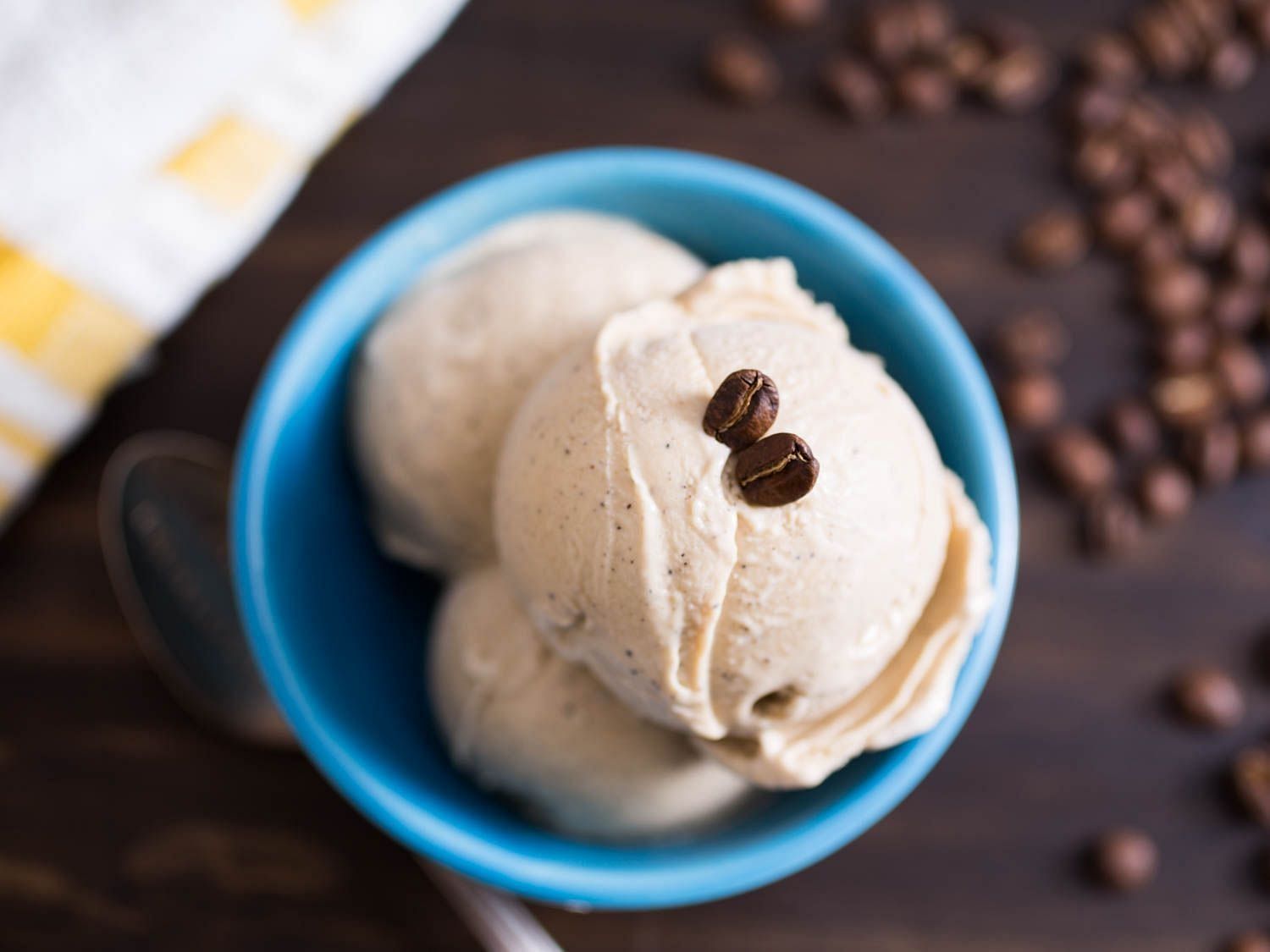What Is Caffeine And Its Effects?

Caffeine is a natural stimulant that belongs to a class of compounds called xanthines. It is commonly found in coffee, tea, energy drinks, and chocolate. When consumed, caffeine stimulates the central nervous system, making you feel more alert and awake. It can also enhance cognitive function, increase metabolism, and improve athletic performance. However, excessive caffeine consumption can lead to side effects such as restlessness, anxiety, insomnia, increased heart rate, and dehydration. It is important to consume caffeine in moderation and be aware of its potential effects on your body.
I Caffeine Definition And Sources
Caffeine is a natural stimulant that belongs to a class of compounds called xanthines. It is commonly found in coffee, tea, energy drinks, and chocolate. When consumed, caffeine stimulates the central nervous system, making you feel more alert and awake. It can also enhance cognitive function, increase metabolism, and improve athletic performance. However, excessive caffeine consumption can lead to side effects such as restlessness, anxiety, insomnia, increased heart rate, and dehydration. It is important to consume caffeine in moderation and be aware of its potential effects on your body.
II Effects Of Caffeine On The Body
Caffeine has various effects on the body, thanks to its stimulating properties. When consumed, caffeine acts as a central nervous system stimulant, increasing alertness and reducing fatigue. It can also enhance cognitive function, improving focus, attention, and reaction time. Additionally, caffeine boosts metabolism, leading to increased energy expenditure and fat oxidation. However, excessive caffeine intake can cause side effects such as restlessness, anxiety, insomnia, increased heart rate, and dehydration. It’s essential to consume caffeine in moderation and be aware of its potential impacts on the body.
Common Sources Of Caffeine

Caffeine can be found in a variety of sources, including beverages and food products. Some common sources of caffeine include:
- Beverages containing caffeine: Coffee and tea are well-known sources of caffeine. Additionally, energy drinks, sodas, and some types of herbal tea may also contain caffeine.
- Food products containing caffeine: Chocolate and cocoa-based products, such as chocolate bars and hot chocolate, can contain caffeine. Certain medications, like headache or cold remedies, may also include caffeine as an ingredient.
It’s important to be mindful of these sources if you are monitoring your caffeine intake. Reading labels and being aware of the caffeine content in different products can help you make informed choices.
I Beverages Containing Caffeine
Beverages containing caffeine are a common source of this stimulant. Coffee and tea are well-known sources, with coffee having higher caffeine content than tea. Energy drinks and some sodas also contain caffeine. It’s important to note that the caffeine content can vary based on the type of coffee beans, brewing method, and the brand of tea or energy drink. Herbal teas may also contain caffeine, depending on the ingredients. Checking labels and being aware of the caffeine content in these beverages can help individuals monitor their intake and make informed choices.
[7]
II Food Products Containing Caffeine
Caffeine can also be found in certain food products. While the caffeine content in these food items is generally lower compared to beverages, it’s still important to be aware of their potential contribution to your overall caffeine intake. Some common food products that may contain caffeine include:
- Chocolate: Dark chocolate and cocoa powder naturally contain caffeine, with dark chocolate having higher amounts than milk chocolate.
- Ice cream: Some flavored ice creams, such as coffee or chocolate, may contain small amounts of caffeine depending on the ingredients used.
- Baked goods: Some desserts, like coffee-flavored cakes or chocolate chip cookies, may have trace amounts of caffeine.
- Energy bars and snacks: Certain energy bars and snacks may contain added caffeine for an energy boost.
It’s always a good idea to read labels and be mindful of the caffeine content in these food products if you’re looking to limit your caffeine intake.
Debunking The Ice Cream Caffeine Myth

The myth that ice cream contains high levels of caffeine has caused confusion among many ice cream lovers. However, it’s important to note that most traditional ice creams do not contain caffeine. While coffee and chocolate-flavored ice creams may have trace amounts of caffeine due to their ingredients, the levels are typically very low. Therefore, unless you have a specific sensitivity to caffeine or are consuming a specialty ice cream with added caffeine, you can enjoy your favorite ice cream without worrying about caffeine content affecting your sleep or energy levels. [11] [12]
I Does Ice Cream Contain Caffeine?
Contrary to popular belief, most traditional ice creams do not contain caffeine. While coffee and chocolate-flavored ice creams may have trace amounts of caffeine due to their ingredients, the levels are typically very low. Therefore, unless one has a specific sensitivity to caffeine or is consuming a specialty ice cream with added caffeine, there is no need to worry about caffeine content affecting sleep or energy levels. It’s important to remember that the myth that ice cream contains high levels of caffeine is just that, a myth.
II Understanding The Misconceptions About Caffeine In Ice Cream
There are several misconceptions surrounding the presence of caffeine in ice cream. Many people believe that all ice creams contain caffeine, which is not true. While coffee and chocolate-flavored ice creams may have trace amounts of caffeine due to their ingredients, the levels are typically very low. Additionally, some individuals assume that the cold temperatures in ice cream enhance the effects of caffeine, leading to sleep disturbances or increased energy levels. However, the amount of caffeine in ice cream is too minimal to have a significant impact on sleep or energy levels. It is essential to debunk these misconceptions and understand the truth about caffeine in ice cream.
Factors Affecting Caffeine Content In Ice Cream

The caffeine content in ice cream can vary depending on a few factors. Here are two key factors that can affect the caffeine content in ice cream:
- Milk-based vs. water-based ice creams: Milk-based ice creams, such as chocolate or coffee flavored, are more likely to contain caffeine compared to water-based ice creams. This is because coffee and chocolate, which are common ingredients in milk-based ice creams, naturally contain caffeine.
- Flavored vs. unflavored ice creams: Flavored ice creams, such as coffee or mocha, are more likely to have caffeine compared to unflavored ice creams. This is because flavorings, extracts, or infusions used to give ice cream its taste can contain caffeine.
It is important to read the ingredient list or check with the manufacturer to determine the caffeine content in specific ice cream products.
I Milk-based Vs. Water-based Ice Creams
Milk-based ice creams, such as chocolate or coffee flavored, are more likely to contain caffeine compared to water-based ice creams. This is because coffee and chocolate, which are common ingredients in milk-based ice creams, naturally contain caffeine. Milk-based ice creams tend to have a richer and creamier texture due to the presence of milk fat. On the other hand, water-based ice creams, such as fruit or sorbet flavors, do not typically contain caffeine as they are made with water or fruit juice instead of milk. Additionally, water-based ice creams are often lower in calories and fat compared to their milk-based counterparts.
II Flavored Vs. Unflavored Ice Creams
Flavored ice creams, such as coffee, chocolate, or even mint, are more likely to contain caffeine compared to unflavored ice creams. This is because the process of adding flavorings like coffee beans, cocoa powder, or extracts can introduce caffeine into the ice cream. On the other hand, unflavored ice creams, like vanilla or plain, generally do not contain caffeine unless caffeine is deliberately added. It’s important to check the ingredient list or consult with the manufacturer to determine if a specific flavor of ice cream contains caffeine.
The Caffeine Content In Different Ice Cream Brands

When it comes to the caffeine content in ice cream, it is important to note that not all brands are created equal. Some ice cream brands may choose to add caffeine to certain flavors, while others may opt for a caffeine-free recipe. Here are some popular ice cream brands and their caffeine content:
- Breyers: Breyers offers a wide range of flavors, and most of them do not contain caffeine. However, flavors like Coffee or Espresso do contain caffeine, so it is important to check the label.
- Ben & Jerry’s: Ben & Jerry’s has a variety of flavors, and only a few of them, such as Coffee BuzzBuzzBuzz, contain caffeine. Their other flavors are typically caffeine-free.
- Häagen-Dazs: Häagen-Dazs does not add caffeine to their ice cream flavors, so most of their options are caffeine-free.
- Talenti: Talenti offers a range of gelato flavors, and their coffee-based flavors like Coffee Chocolate Chip or Coffee Toffee are likely to contain caffeine.
It is always recommended to check the ingredient list or contact the manufacturer to determine the caffeine content in specific ice cream flavors.
I Popular Ice Cream Brands With No Caffeine
Popular ice cream brands that do not contain caffeine include Breyers, Häagen-Dazs, and Talenti. Breyers offers a wide range of flavors, with most of them being caffeine-free. Häagen-Dazs prides itself on not adding any caffeine to their ice cream flavors, ensuring a caffeine-free experience for their customers. Talenti, known for their gelato flavors, also does not include caffeine in most of their options. It is always recommended to check the ingredient list or contact the manufacturer to confirm the caffeine content in specific ice cream flavors. [25]
II Ice Cream Brands With Low Levels Of Caffeine
Some ice cream brands may have low levels of caffeine in their products. While they may not be completely caffeine-free, these brands offer options with significantly lower caffeine content compared to others. Some of these brands include Ben & Jerry’s, Blue Bell, and Edy’s/Dreyer’s. These brands are known for their wide range of flavors and often have caffeine-free or reduced-caffeine options available. However, it is important to note that the specific caffeine content may vary between flavors, so it is always recommended to check the label or contact the manufacturer for accurate information.
Conclusion And Frequently Asked Questions

In conclusion, while ice cream does not naturally contain caffeine, there are certain flavors and brands that may have caffeine due to added ingredients like coffee or chocolate. It’s important for consumers to be aware of the caffeine content in their ice cream choices, especially if they are sensitive to caffeine or want to avoid it altogether. Remember to check the labels or contact the manufacturer for accurate information on the caffeine content.
FAQs:
- Is all ice cream caffeine-free?No, some ice cream flavors and brands may contain caffeine due to additional ingredients like coffee or chocolate.
- How much caffeine is typically found in coffee-flavored ice cream?The exact amount of caffeine can vary depending on the recipe and brand, but it is generally lower compared to a cup of coffee.
- Can caffeine in ice cream affect sleep?It is possible for caffeine in ice cream to affect sleep if consumed in large quantities or close to bedtime. It is best to consume caffeinated ice cream in moderation and be mindful of the time of consumption.
- Are there any caffeine-free ice cream brands available?Yes, there are caffeine-free options available in certain ice cream brands. It is recommended to check the labels or contact the manufacturer for specific information.
Remember to always consume ice cream in moderation and make choices that align with your dietary needs and preferences.
I Summary Of Ice Cream Myths About Caffeine
There are several common myths surrounding the presence of caffeine in ice cream. Despite popular belief, not all ice cream flavors contain caffeine. While some coffee or chocolate-flavored ice creams may contain added caffeine, it is not a natural ingredient in traditional ice cream. Consumers should be aware of the ingredients in their chosen ice cream flavors and check labels or contact manufacturers to determine the caffeine content. Remember to make informed choices based on personal dietary needs and preferences.
II Answers To Common Questions About Caffeine In Ice Cream
One common question that arises when discussing caffeine in ice cream is whether decaffeinated coffee ice cream is available. While it may seem contradictory, decaffeinated coffee ice cream does exist. By using decaffeinated coffee beans or removing the caffeine through a special process, ice cream manufacturers are able to create a delicious coffee-flavored treat without the caffeine content. It is important to note that the taste and texture of decaffeinated coffee ice cream may differ slightly from regular coffee ice cream. Additionally, some individuals may still experience minimal caffeine effects from decaffeinated products due to trace amounts that may remain.
Frequently Asked Questions About Ice Cream and Caffeine
Q: Does ice cream contain caffeine?
A: No, traditional ice cream does not contain caffeine. It is generally made from milk, cream, sugar, and various flavorings, such as fruits, nuts, and chocolate. The absence of caffeine is one of the reasons why many people enjoy ice cream as a sweet treat or dessert.
Q: Are there any ice cream flavors that include caffeine?
A: While most regular ice cream flavors do not contain caffeine, some specialty flavors or brands might include added ingredients that contain small amounts of caffeine. For example, certain coffee-flavored ice creams or those that contain chocolate-covered coffee beans could have trace amounts of caffeine. However, these quantities are typically very low.
Q: Can I consume ice cream if I am sensitive to caffeine?
A: Yes, ice cream is generally safe for individuals who are sensitive to caffeine. However, if you have a severe caffeine allergy or if even small amounts of caffeine affect you, it is advisable to check the ingredients list on the ice cream packaging or consult with your healthcare provider for specific recommendations.
Q: Why do people think ice cream contains caffeine?
A: There might be some confusion regarding ice cream and caffeine because certain frozen treats, such as coffee-flavored ice creams or novelty ice cream bars that blend coffee flavors, can give the perception that they contain caffeine. Additionally, some establishments offer ice cream-like desserts called “affogato,” which is a scoop of vanilla ice cream served with a shot of espresso poured over it. However, traditional ice cream, without any added espresso or coffee elements, does not contain caffeine.
Q: Is there a substitute for ice cream for people who want to avoid caffeine?
A: Yes, there are various alternatives to traditional ice cream for those who prefer to avoid caffeine. Non-dairy frozen desserts made from plant-based ingredients, such as coconut milk, almond milk, or soy milk, are widely available and come in a range of flavors. Sorbet, which is made from fruit juices or purees, is another popular caffeine-free frozen treat option.
Q: Are there any health benefits or risks associated with ice cream and caffeine?
A: Ice cream itself does not offer significant health benefits, and caffeine is generally safe for most individuals when consumed in moderation. However, excessive caffeine consumption may cause negative effects such as increased heart rate, restlessness, or difficulty sleeping. It’s essential to be mindful of the overall caffeine content in your diet, including both food and beverages, to maintain a balanced approach to your well-being.
Q: Can children consume ice cream if they are not supposed to have caffeine?
A: Ice cream is generally considered safe for children unless they have a specific dietary restriction or health condition that prevents them from consuming dairy or other ingredients in ice cream. As for caffeine, it is recommended that children avoid excessive caffeine intake. Traditional ice cream flavors, being caffeine-free, can be enjoyed by children without concern over caffeine content. However, parents should always be cautious about ingredients and portion sizes based on their child’s specific dietary needs.

Soo Good Snack Bar is an upscale snack shop located at 1309 Hermosa Ave. in Hermosa Beach, CA. This family-owned business is the newest addition to the community of Hermosa, and our goal is to create a fun and inviting place where families can enjoy delicious snack foods that fit the beach lifestyle. Check us out today and help yourself to happiness.
